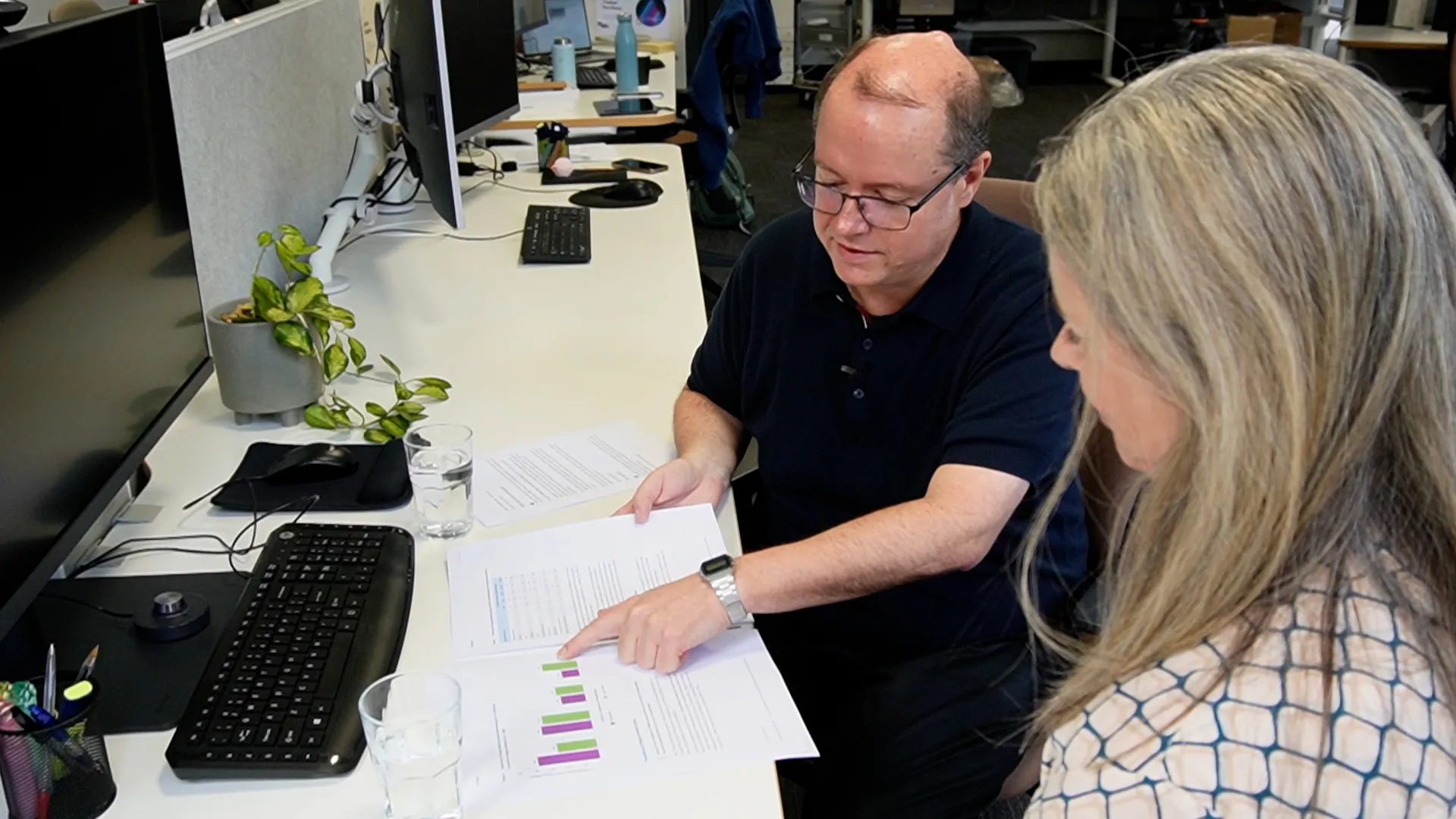How to solve the problems of problem-solving courts
In our recent Research Network webinar, Dr Lacey Schaefer, from Griffith University, discussed the implementation and effectiveness of problem-solving courts in Australia over the past 25 years.

Problem-solving courts, also referred to as specialist courts, have been adopted around the world to better address the underlying causes of offending. While they vary in how they seek to achieve this, they share a guiding philosophy: by considering wider circumstances and targeting underlying factors that contribute to the offence, and by employing more therapeutic approaches to justice, the individual is less likely to reoffend, and justice is better served.
As a criminologist and penologist based in the School of Criminology and Criminal Justice and the Griffith Criminology Institute at Griffith University, Dr Schaefer joined our webinar to talk about some of the prospects and pitfalls of problem-solving courts and provide suggestions for the future.
Problem-solving courts are said to promote participant satisfaction, collaboration, and effectiveness; however, Dr Schaefer highlighted the challenges they faced. These include difficulties defining the scope of the problems they aim to address, how they operate, and what interventions are effective. Dr Schaefer also outlined jurisdictional and geographic issues in the way that problem-solving courts operate, and how these challenges extend the difficulty of providing consistent and equal access to these courts throughout Australia.
During the webinar, Dr Schaefer also spoke about some of the evaluative and evidential challenges. This included reluctance to publish evaluations of problem-solving court programs, fear of criticism when they don’t go as well as hoped, creating publication bias and presenting an incomplete picture. To draw accurate conclusions and insights about what’s working and what’s not in problem-solving courts, we need an array of rigorous and robust evidence, including evidence of failure, which provides opportunities to learn.
Dr Schaefer concluded that problem-solving courts can’t be everything to everyone, at the risk of them becoming nothing to no one. She said these courts need to help build the evidence base, employ rigorous and robust evaluation methods, publish evaluation findings, take evidence-based action, and receive sufficient funding to facilitate all of the above.
After her presentation, VLF Research Director, Professor Nigel J. Balmer and Principal Researcher, Dr Hugh M. McDonald hosted a Q+A with Dr Schaefer and members of the audience on the problems of problem-solving courts, what’s needed, and what’s next.
It was a pleasure to have Dr Shaefer join our Research Network. If you missed the discussion on problem-solving courts or would like to revisit the content, a full recording of the webinar and Dr Shaefer’s references and recommended reading are available on our website.
About the Research Network
Our Research Network connects the justice, community and academic sectors to share knowledge and encourage collaboration among people working in legal research and evaluation related to access to justice issues.
We hold events throughout the year showcasing innovative international and domestic access to justice and legal need developments.
To keep up to date with the latest Research news, including Research Network events you can subscribe to the Research newsletter.
Publications
Subscribe to our Newsletter
Courts, Community and Confidence
Join Chief Justice Richard Niall a for a recorded conversation about the law’s role in our community and the challenges shaping justice today.


